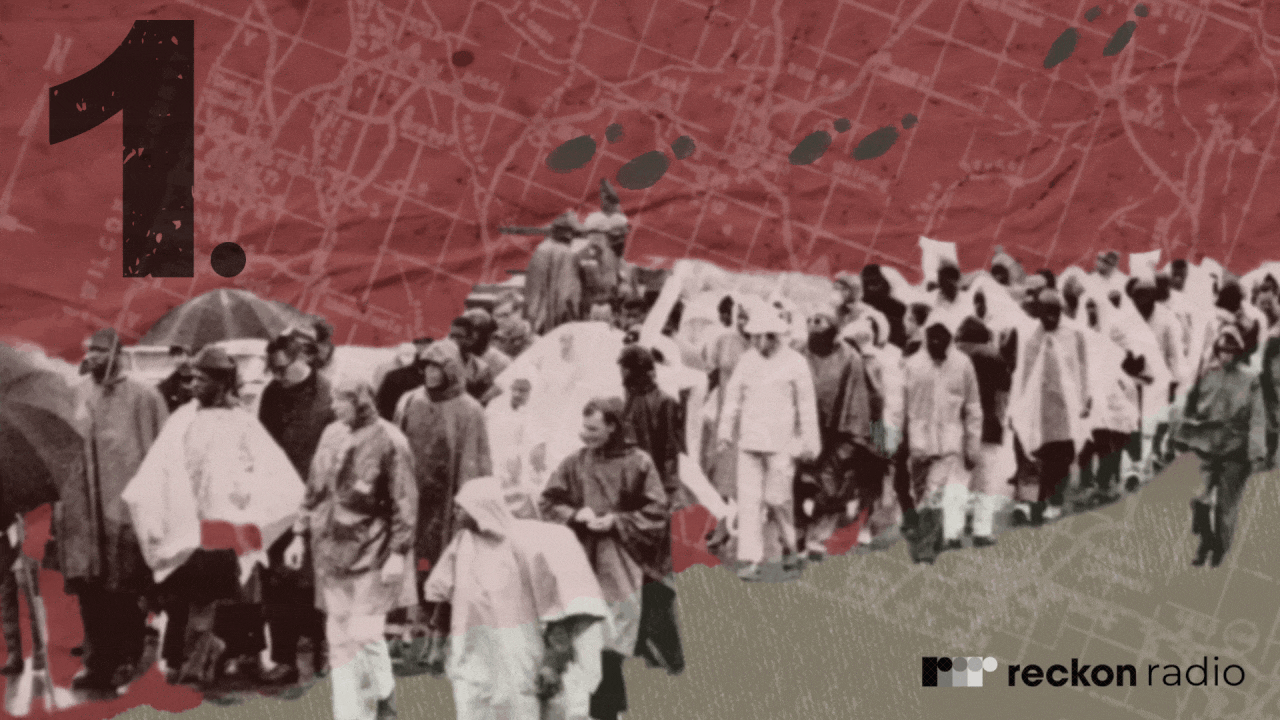Reckon Radioâs âPanther: Blueprint for Black powerâ episode guide
Panther: Blueprint for Black Power is the story of the unexpected birthplace of the Black Panther, a site that changed the course of the nation. But it’s not where you might expect. Far from Oakland, the Black Panther and its principles came from just outside Selma, Alabama. Lowndes County, Alabama: a county where every single thing Black folks did was an act of rebellion. A county where an all-Black party made it to the ballot in the year 1966. A county that paved the way for revolution. The fourth season of the Murrow Award-winning Reckon Radio examines the first year the Voting Rights Act was put to the test, deep in the heart of the Jim Crow South. Pulitzer Prize finalist Roy S. Johnson and journalist Eunice Elliott tell the story of Lowndes County and the election that shaped politics – and activism – as we know it. Available on Apple, Spotify or wherever you get your podcasts.
It’s a story we think we know well. It’s 1965, and the Civil Rights Movement is in full swing. Thousands are marching on Montgomery, protesting the treatment of Black Americans. But what about the people who lived alongside that road? The people who remind after the national cameras and big names left town were the lifeblood of the movement for Black Power.
It’s a story we think we know well. It’s 1965, and the Civil Rights Movement is in full swing. Thousands are marching on Montgomery, protesting the treatment of Black Americans. But what about the people who lived alongside that road? The people who remained after the national cameras and big names left town were the lifeblood of the movement for Black Power.
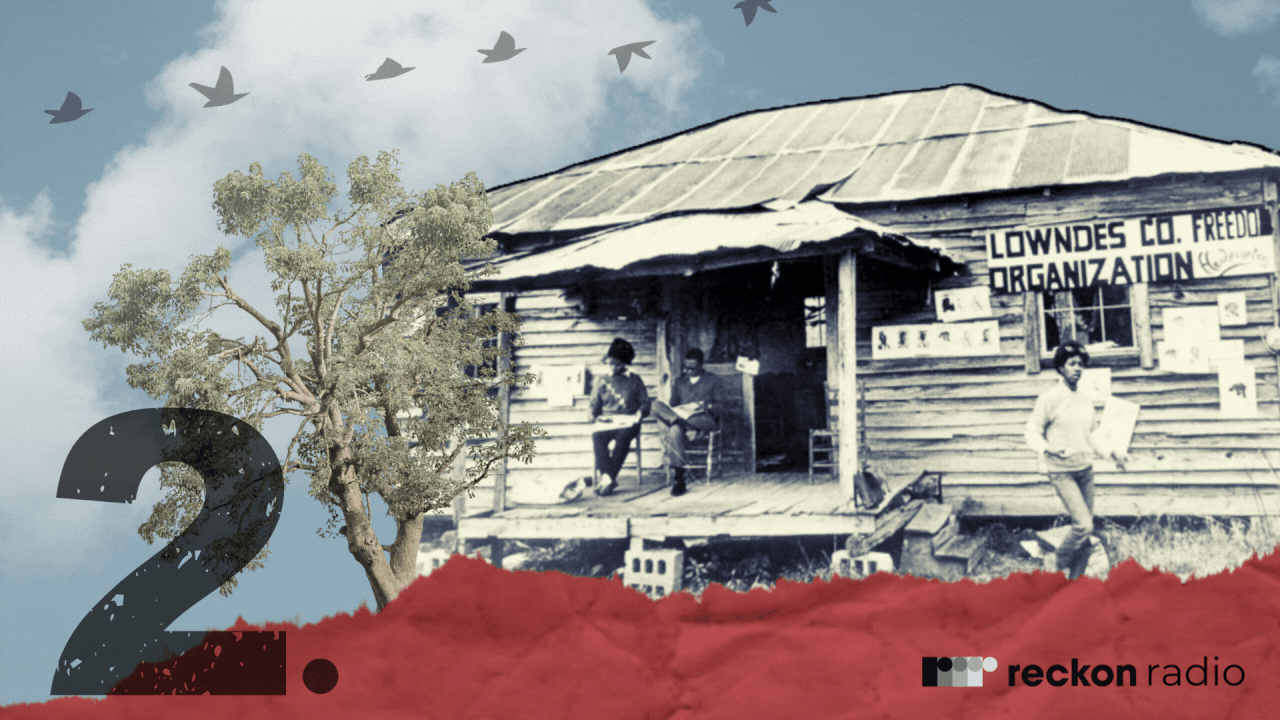
How did a county known as “Bloody Lowndes” become the birthplace of the Black Panther? Because the people of Lowndes met vicious, racist violence with a powerful response.
How did a county known as “Bloody Lowndes” become the birthplace of the Black Panther? Because the people of Lowndes met vicious, racist violence with a powerful response. In this episode, you’ll learn more about the history of Lowndes County and just how dangerous the path to progress was for the members of the LCFO.
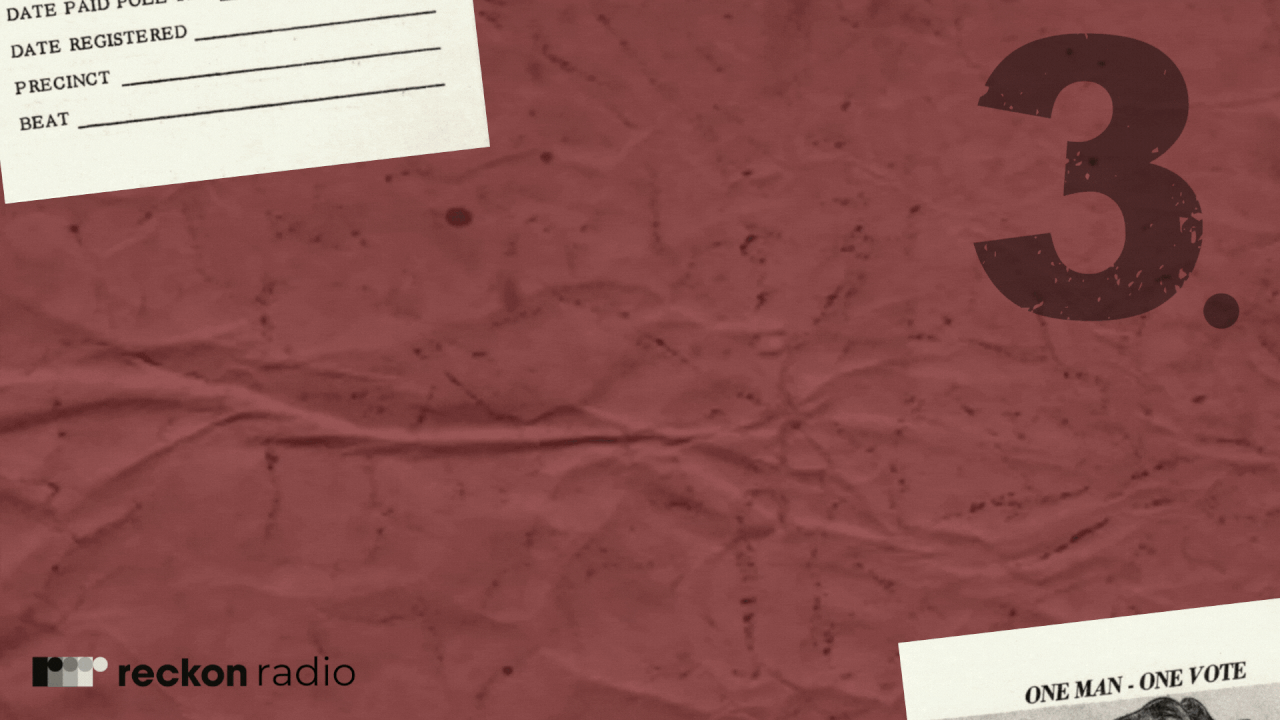
What did the Lowndes County freedom movement look like? Everything Black folks did in Lowndes was an act of rebellion—from teaching and organizing, to cooking meals and cutting hair. In this episode you’ll learn how even the smallest acts could be revolutionary—and dangerous. And you’ll learn the surprising origin story of the Black Panther symbol.
What did the Lowndes County freedom movement look like? Everything Black folks did in Lowndes was an act of rebellion—from teaching and organizing, to cooking meals and cutting hair. In this episode you’ll learn how even the smallest acts could be revolutionary—and dangerous. And you’ll learn the surprising origin story of the Black Panther symbol.
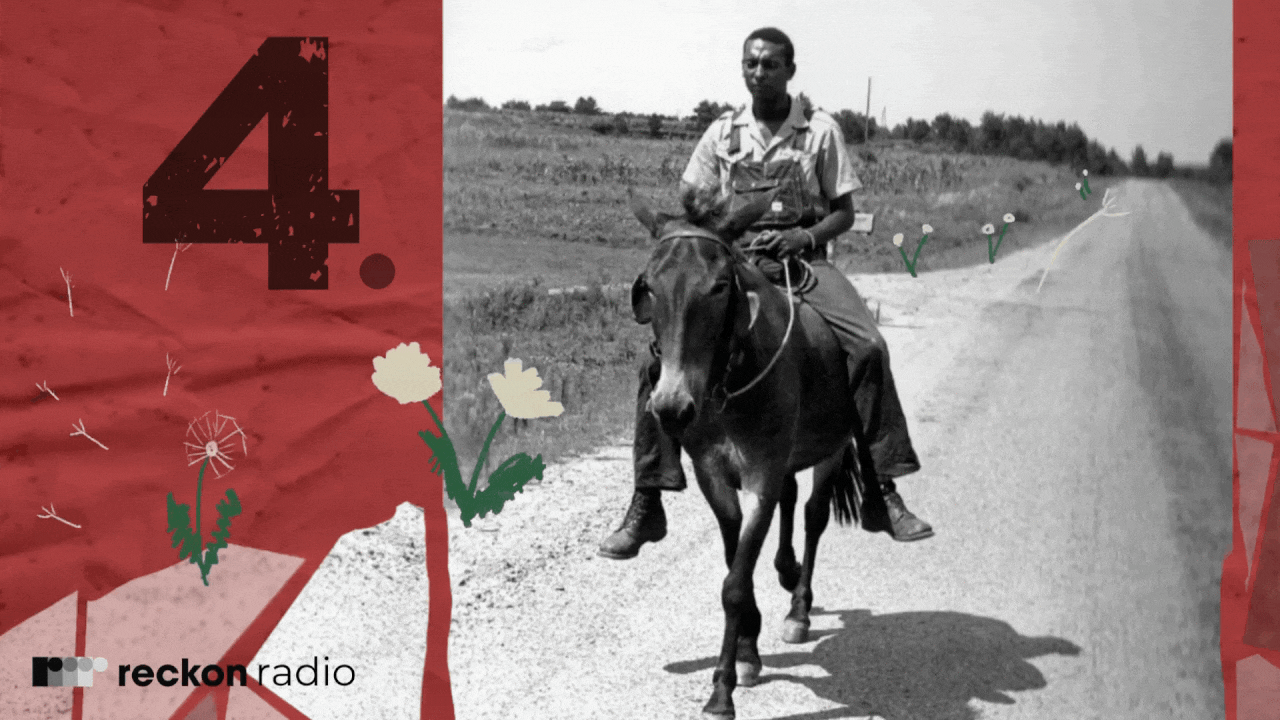
How will the first election with an all-Black party end? It’s Election Day, 1966, and the Voting Rights Act is being put to the test. The Lowndes County Freedom Organization’s candidates have canvassed, campaigned and called on Black voters to show up to the polls for the Black Panther – at no small danger to themselves. In the fourth episode of Panther, the ballots are counted. Who will come out on top?
How will the first election with an all-Black party end? It’s Election Day, 1966, and the Voting Rights Act is being put to the test. The Lowndes County Freedom Organization’s candidates have canvassed, campaigned and called on Black voters to show up to the polls for the Black Panther – at no small danger to themselves. In the fourth episode of Panther, the ballots are counted. Who will come out on top?
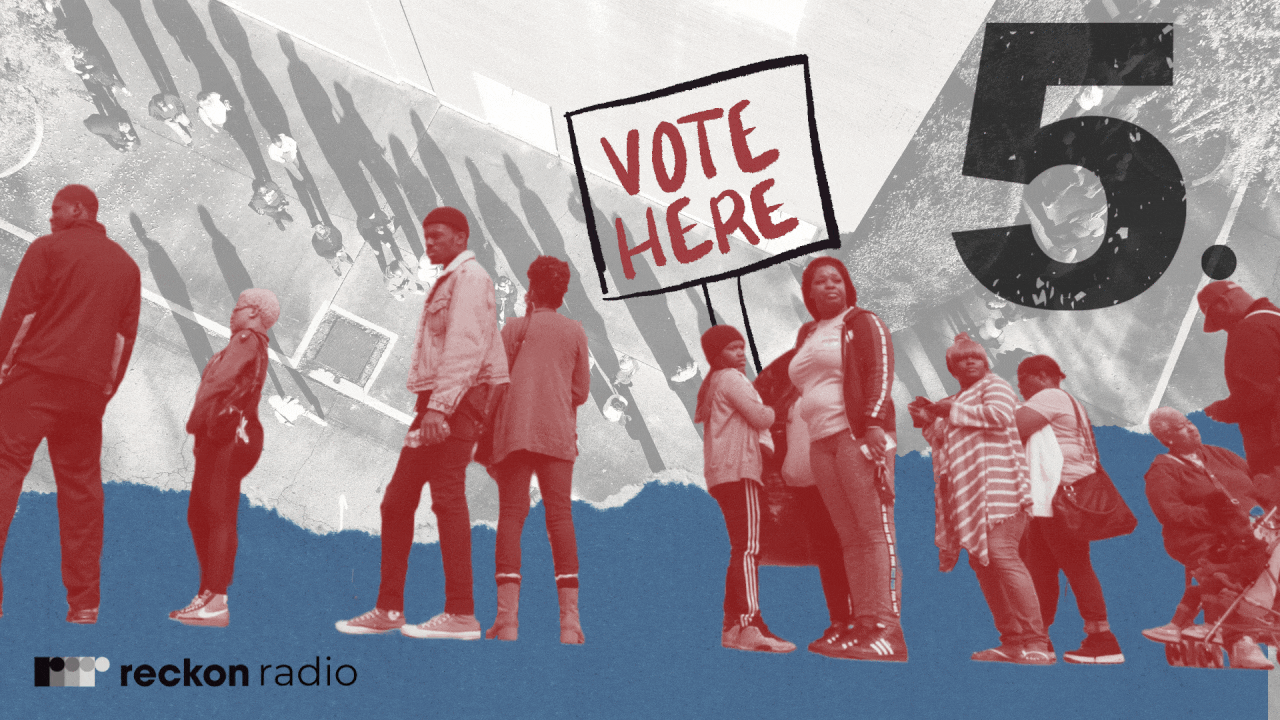
In Part 5 of Reckon Radio’s “Panther,” you’ll learn how the long lines Georgians and Arizonans faced in 2020, a 2023 Supreme Court case and a 1966 election in Alabama are all connected.
Election Day for the Lowndes County Freedom Organization’s candidates didn’t go the way they wanted. But their party’s work – and its mascot the Black Panther – has rippled down through the years and across the country. To show what the Lowndes County Freedom Organization means today, journalists Eunice Elliott and Roy S. Johnson go back to the very origins of the Voting Rights Act, and the ways its opponents have tried to tear it down.
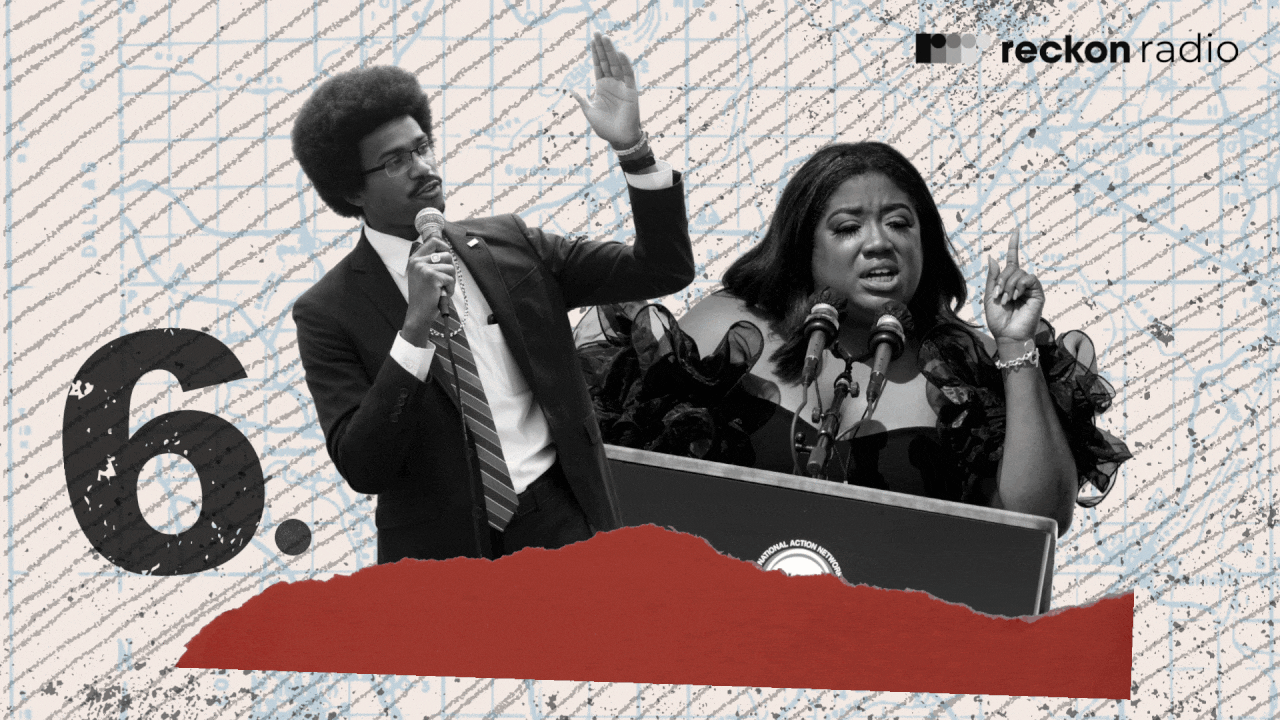
TN State Rep. Justin J. Pearson and Woke Vote Founder Dejuana Thompson
In the final episode of Reckon Radio’s “Panther,” Woke Vote founder and Birmingham Civil Rights Institute President, DeJuana Thompson, and Tennessee State Rep Justin J. Pearson sit down with hosts Eunice Elliott and Roy S. Johnson. The four discuss the status of the movement for Black Power today—what’s changed, what hasn’t and how the strategies of the Lowndes County Freedom Organization (LFCO) hold up today. To Pearson and Thompson, the past isn’t the past. It’s our toolkit for tomorrow.
